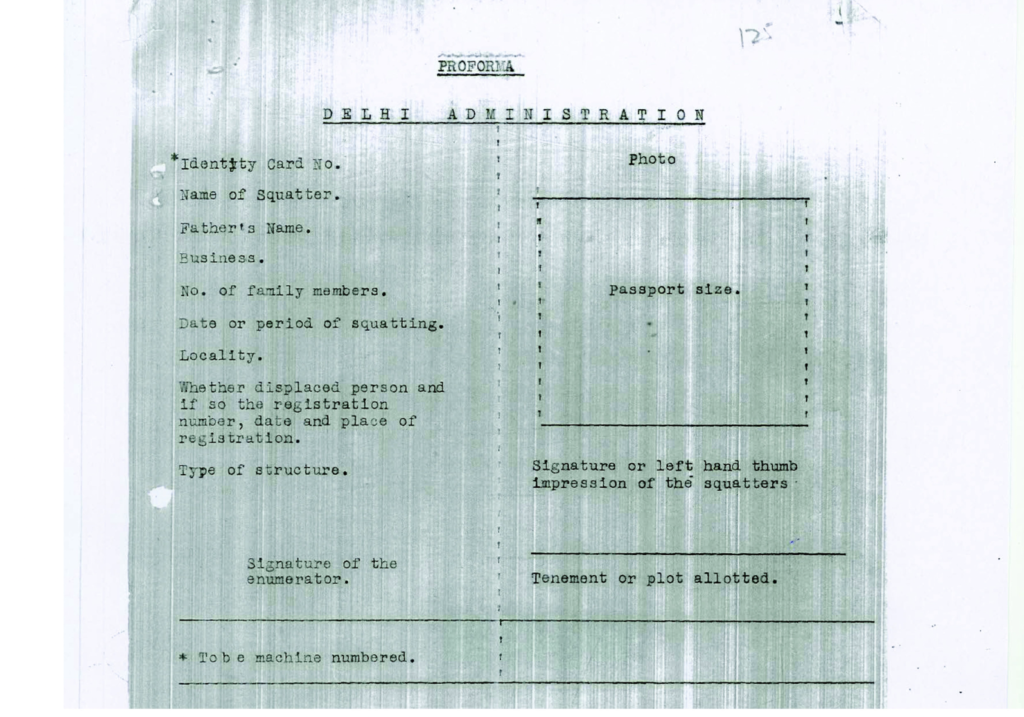
Aadhaar can only deepen India’s socially embedded bureaucratic violence – A conversation with Tarangini Sriraman

Tarangini Sriraman’s book, In Pursuit of Proof, arrives at this important juncture when we continue to grapple with privacy, security, and corporatization of citizenship. A former journalist, she turns to history, ethnography, narrative, and archive to tell an important story about how IDs work and how the State and its citizens are shaped by these paper and digital genres and bureaucracy. In this conversation with Suchitra Vijayan, Dr Sriraman takes us through the questions that have occupied her since she first reported about the fisherfolk in Tamil Nadu following the devastating 2004 Tsunami, the hybrid nature of her work, and more crucially how IDs have transformed, and will continue to transform, both the State and citizenship.
A picture of the porters at ISBT, North Delhi by Tarangini Sriraman Polis: Can you briefly tell us how and why this book came about? Tarangini Sriraman: In my yesteryears as a student in Asian College of Journalism (Chennai, southern India), Aman Sethi and I co-wrote a series of investigative stories about the fisherfolk of Chennai and how they were affected by the 2004 tsunami. In their search for compensation, these fishermen were often stymied by the unremitting emphasis on proof of their identities by the then Jayalalithaa government. But it was not just boats, houses and hamlets that the tsunami claimed. Fishermen’s IDs, ration cards, and voter IDs—documented facts of their existence—were fair game too for the giant wave that engulfed the sea shores of Chennai. It is the stories of the rehabilitation of these fisherfolk that put me on a path of intimate historical association with IDs. Again…
Related Posts


Donald Trump’s Master Economic Plan I Opinion by Yanis Varoufakis




